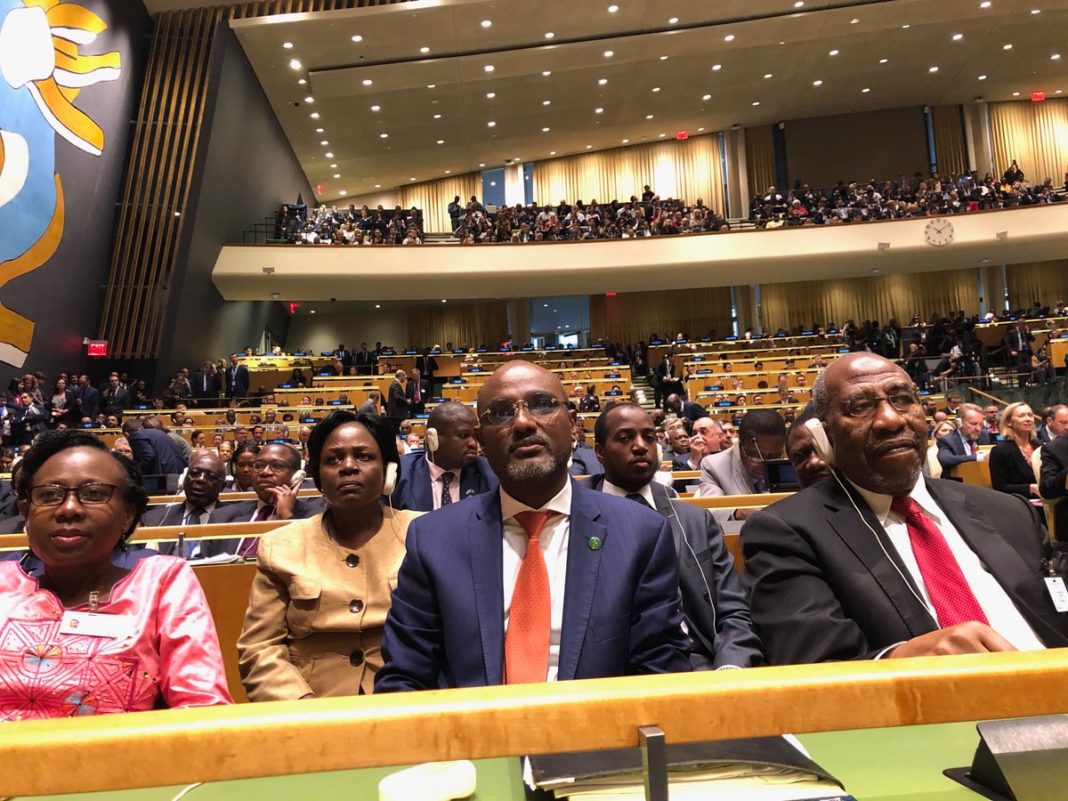World leaders meeting at the United Nations (UN) General Assembly have committed to ensure that 40 million people with tuberculosis (TB) receive the care they need by end 2022. They also agreed to provide 30 million people with preventive treatment to protect them from developing TB.
“Today is a landmark in the long war on TB,” said Dr Tedros Adhanom Ghebreyesus, Director-General of the World Health Organization. “These are bold promises – to keep them partnership is vital. WHO is committed to working with every country, every partner and every community to get the job done?”
Heads of state and government attending this first-ever UN High-level meeting on TB agreed to mobilize US$ 13 billion a year by 2022 to implement TB prevention and care, and US $2 billion for research. They committed to take firm action against drug-resistant forms of the disease; build accountability and to prioritize human rights issues such as the stigma that still prevails around TB in many parts of the world.
They acknowledged that the current rate of progress was endangering prospects of meeting global targets to end TB. Today, TB remains the world’s deadliest infectious disease: it killed 1.6 million people in 2017, including 300 000 people with HIV. In the same year, 10 million people fell ill with TB.
“The political declaration proposed for this meeting sets a roadmap for accelerated action to end TB in line with the vision and targets for 2030,” said H.E. Ms Maria Fernanda Espinosa Garcés, President of the 73rd Session of the UN General Assembly. “We have before us the opportunity for a clear win – a chance to save the lives of millions, to preserve billions in resources, to demonstrate the success of the Sustainable Development Goals, and to reaffirm the utility, efficacy and necessity of multilateralism and the UN System. Let us not miss this opportunity.”
The political declaration is the culmination of recent leadership commitments at global and regional level – including the 2017 Moscow Declaration to End TB – to drive universal access, sufficient and sustainable financing, intensified research and innovation, and accountability across all sectors.





